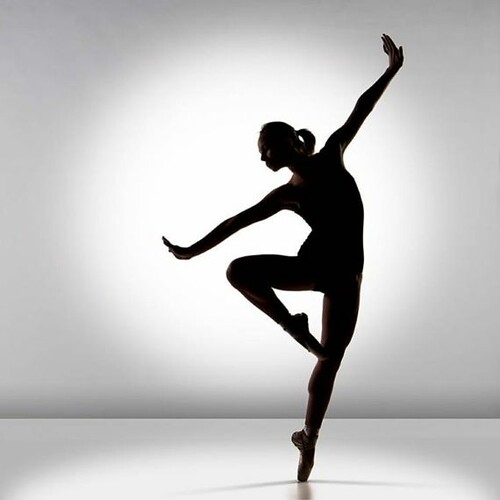Does dancing make you more creative?
.
Cognitive scientists describe creativity as fluid thought. Drawing from findings on gesture and embodied cognition, we hypothesized that the physical experience of fluidity, relative to nonfluidity, would lead to more fluid, creative thought. Across 3 experiments, fluid arm movement led to enhanced creativity in 3 domains: creative generation, cognitive flexibility, and remote associations. Alternative mechanisms such as enhanced mood and motivation were also examined. These results suggest that creativity can be influenced by certain types of physical movement.
Source: “Fluid Movement and Creativity” from Journal of Experimental Psychology
Join 45K+ readers. Get a free weekly update via email here.
Related posts:
What 10 things should you do every day to improve your life?
6 hostage negotiation techniques that will get you what you want
8 Things The World’s Most Successful People All Have In Common




